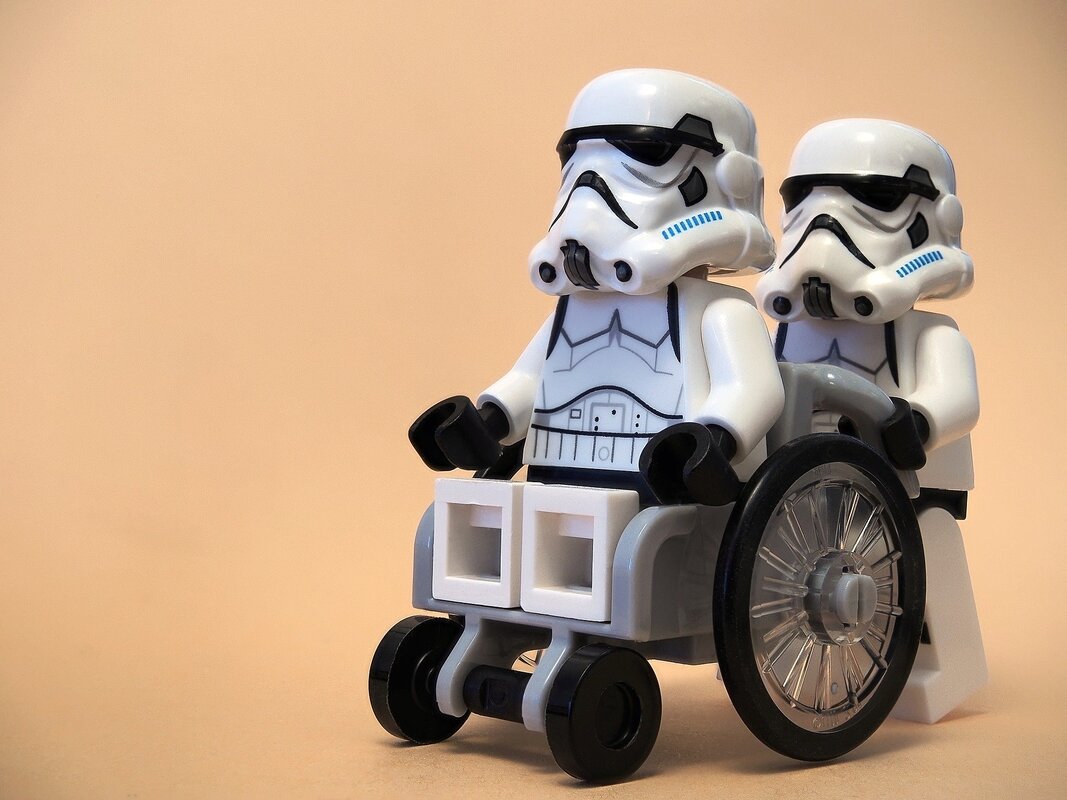|
One of the interesting things about acquiring a disability in adulthood is seeing how differently strangers treat you.
Once the muscles in my throat and vocal chords lost enough oomph to form clear words, most strangers started talking to me in a loud voice, assuming I couldn't hear, or with simple language, assuming I couldn't understand, or think. Some would not even bother talking to me at all; a certain percentage would ignore my personhood completely and instead speak about me in the third person to whatever able-bodied person accompanied me. Other strangers assumed my body was fair game and boundaryless, and would suddenly reach out to stroke my face, pat the top of my head, or even suddenly lean in for an unexpected kiss on the lips. Can you imagine? Strangers! This is not something that strangers ever did upon first meeting me prior to my using a wheelchair---it's as if I lost my status and subjectivity as an adult. To my surprise, I've found this to be the case with healthcare providers just as often. Sometimes they automatically yell, or patronize. Prejudice and confusion regarding physical disability runs deep, which is why we all would benefit from better education which helps us not infantilize each other. (FWIW, I most definitely could have done the same to others once upon a time---sans kissing.) But this peculiar phenomenon is not unique to me, of course. This is a large, enduring trend with deep and ugly history in American society, where people with disabilities are feared, misunderstood, abused, or outright ignored in our desires to live a life in the public sphere with dignity. As a minority group who encompass 20% of the population---which you wouldn't know by watching media, where we are represented as 2% of the population, usually by able-bodied actors or models--- those of us with disabilities have a long way to go in securing visibility and representation. This article, written by (my hero, badass) disability rights activist Judith Heumann is worth the read. Also, Netflix's recent Crip Camp documentary which features her work is excellent and worth watching
0 Comments
Your comment will be posted after it is approved.
Leave a Reply. |
Archives
September 2021
Categories
All
|
Photos used under Creative Commons from vemiya, johnhope14, jamieanne, NagzLens, _nur


 RSS Feed
RSS Feed